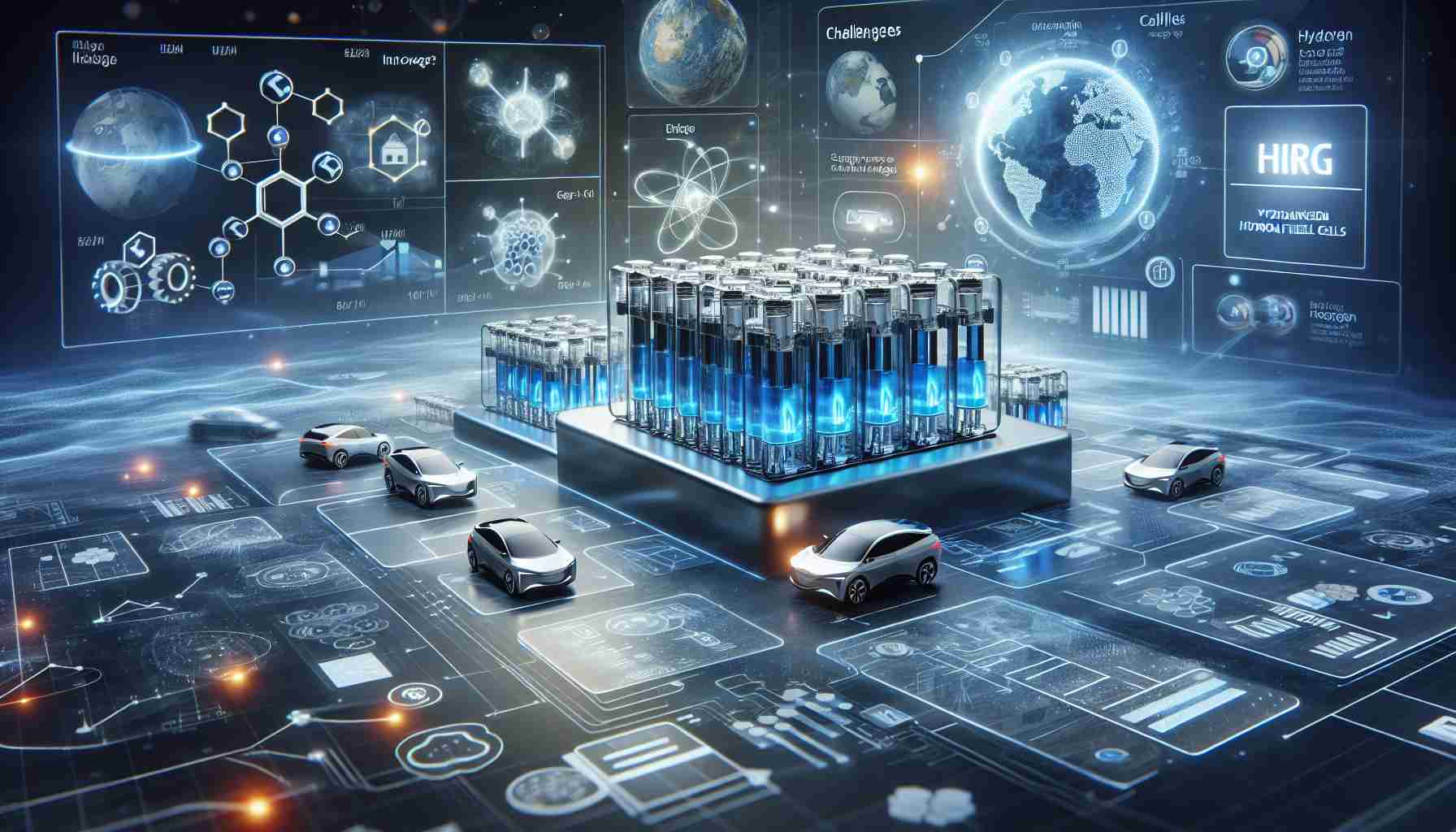Hydrogen fuel cells have emerged as a game-changing technology in the pursuit of sustainable transportation. As we stand on the precipice of a new era in clean energy, the role of hydrogen fuel cells cannot be understated. They offer a promising solution to the challenges faced by our increasingly mobile society, with the potential to transform our cities, industries, and homes.
Significant advancements have been made in hydrogen production technologies, marking a critical transition from fossil fuels to more sustainable alternatives. Electrolysis, a key innovation in hydrogen production, utilizes electricity to split water into hydrogen and oxygen. This clean and renewable method shows promise in reducing energy consumption and environmental impact.
Another breakthrough is biological hydrogen production, which uses algae or bacteria to produce hydrogen. This environmentally friendly approach utilizes waste products as feedstock, providing a sustainable alternative to fossil fuel-based production methods.
Efforts to improve hydrogen storage and transportation technologies are crucial for implementing hydrogen as a sustainable fuel source. Innovations such as metal hydrides and carbon nanotubes are being explored for their potential to safely and efficiently store and transport hydrogen.
The advancement in hydrogen fuel cell technology, which converts hydrogen into electricity, is a game-changer in transportation. With increased efficiency and reduced emissions, hydrogen fuel cells are projected to play a vital role in decarbonizing the transport sector.
Addressing the challenge of hydrogen storage and transport is a crucial step towards widespread adoption. Efforts are underway to optimize storage density and decrease costs through technologies such as high-pressure tanks and novel nanotech materials.
Transport efficiency is another key area of development, with companies working on creating robust and affordable pipelines for hydrogen transport. The use of hydrogen-powered vehicles also reduces carbon emissions and promotes the adoption of hydrogen fuel cells.
Safety measures are paramount in hydrogen storage and transport, with technologies being developed to ensure safe handling and delivery. Regulatory compliance is also significant, with governments updating regulations to encourage safety, innovation, and the use of hydrogen.
While hydrogen refueling presents challenges, innovative solutions are being explored. Temperature management, refueling protocols, and emissions analysis are areas of focus to ensure safety, reliability, and sustainability in the refueling process.
A significant development in this domain is the concept of mobile hydrogen refueling. Portable solutions overcome infrastructural limitations and increase accessibility, especially in remote or rural areas. Mobile refueling stations offer rapid deployment and easy dismantling, providing a flexible and adaptable refueling system.
Hydrogen’s role in carbon-free transport is undeniable. Fuel cells offer a path to sustainable solutions that seamlessly integrate into our current vehicle systems. With suitable investment and policy support, hydrogen has the potential to revolutionize the transport sector, reducing reliance on fossil fuels and paving the way to a greener future.
FAQ Section:
1. What are hydrogen fuel cells?
Hydrogen fuel cells are devices that convert hydrogen fuel into electricity through an electrochemical process. They offer a promising solution for sustainable transportation and are seen as a game-changing technology.
2. How is hydrogen produced?
Hydrogen can be produced through various methods, including electrolysis, which uses electricity to split water into hydrogen and oxygen. Another method is biological hydrogen production, which utilizes algae or bacteria to produce hydrogen.
3. How is hydrogen stored and transported?
Efforts are being made to develop technologies for safe and efficient storage and transportation of hydrogen. Innovations such as metal hydrides and carbon nanotubes are being explored for this purpose.
4. What is the role of hydrogen in decarbonizing the transport sector?
Hydrogen fuel cells, which convert hydrogen into electricity, have the potential to significantly reduce emissions in the transport sector. They are expected to play a vital role in decarbonization efforts.
5. What are the challenges in hydrogen refueling?
Hydrogen refueling presents challenges such as temperature management, refueling protocols, and emissions analysis. However, innovative solutions are being explored to ensure safety, reliability, and sustainability in the refueling process.
6. What is the concept of mobile hydrogen refueling?
Mobile hydrogen refueling refers to portable solutions that can be deployed in areas with limited infrastructure, such as remote or rural areas. These solutions offer flexibility and adaptability in refueling systems.
7. How can hydrogen revolutionize the transport sector?
With suitable investment and policy support, hydrogen has the potential to revolutionize the transport sector by reducing reliance on fossil fuels and promoting a greener future.
Definitions:
– Hydrogen fuel cells: Devices that convert hydrogen fuel into electricity through an electrochemical process.
– Electrolysis: A process that uses electricity to split water into hydrogen and oxygen.
– Biological hydrogen production: A method that utilizes algae or bacteria to produce hydrogen.
– Metal hydrides: Materials that can store and release hydrogen.
– Carbon nanotubes: Cylindrical carbon molecules with high strength and conductivity.
Suggested related links:
– Fuel Cells 2000: fuelcells.org
– U.S. Department of Energy – Hydrogen and Fuel Cells: energy.gov
– International Energy Agency – Hydrogen: iea.org
